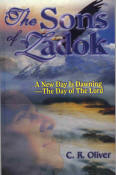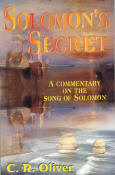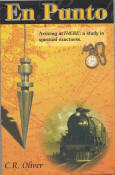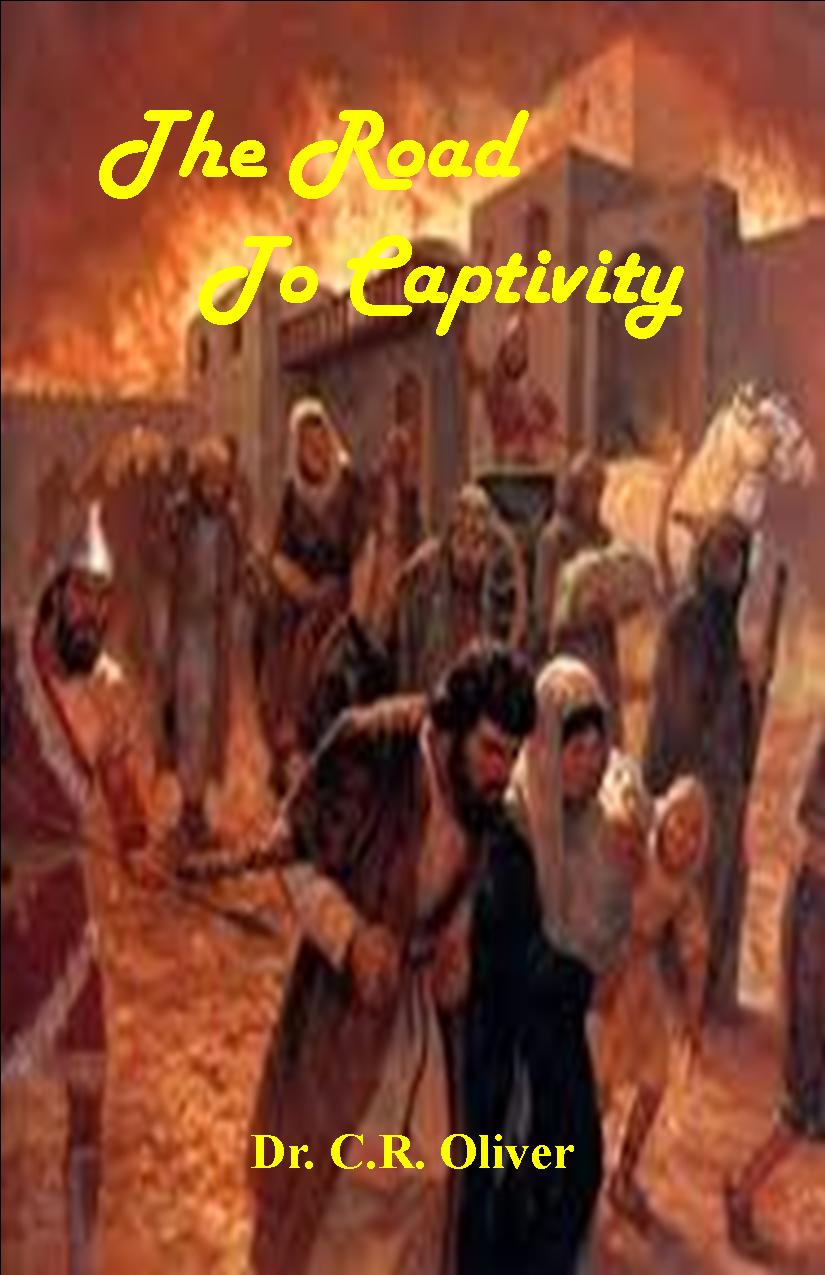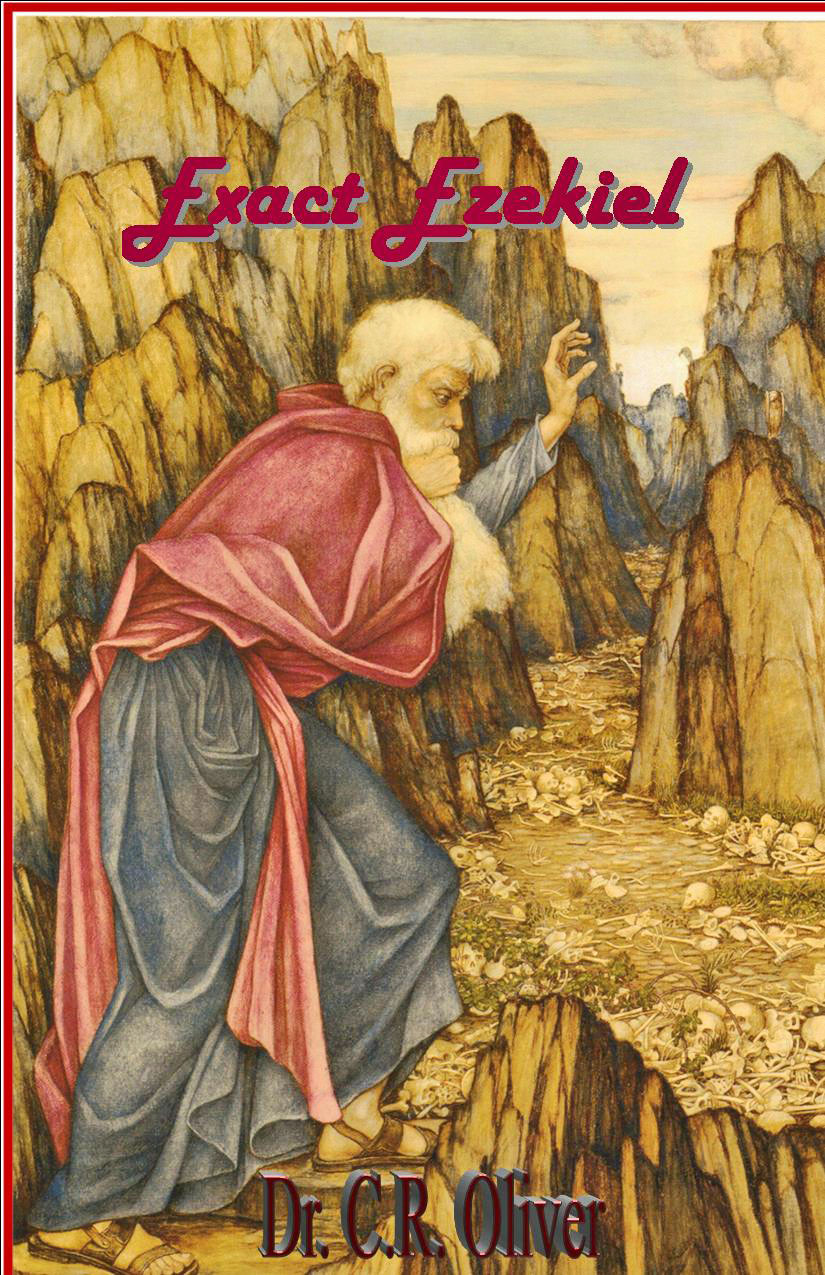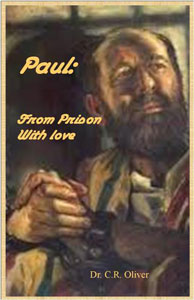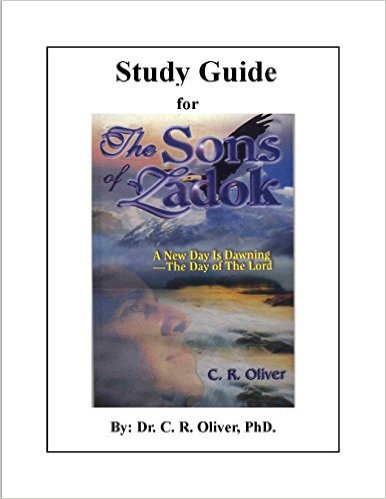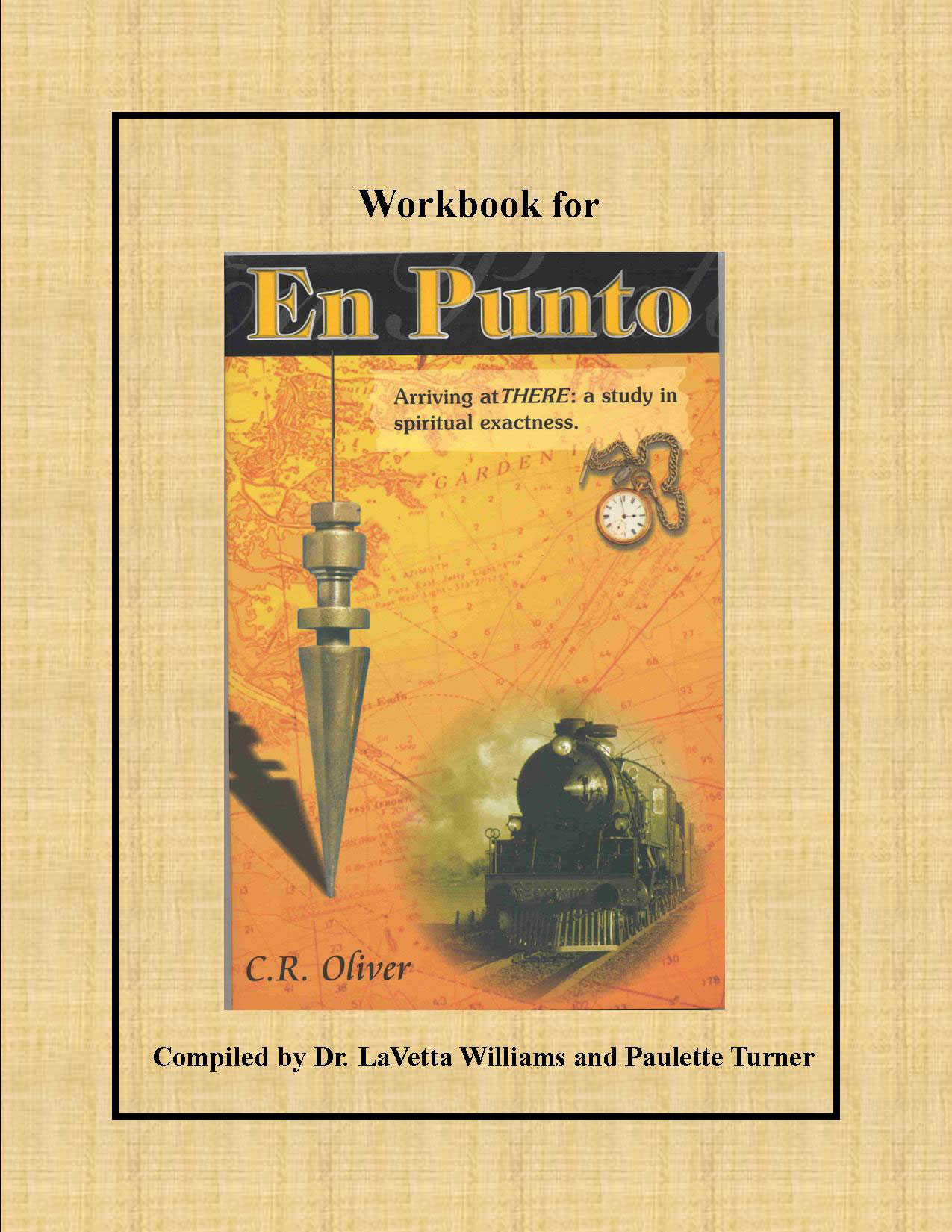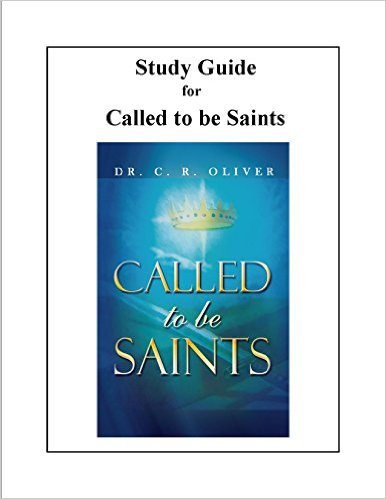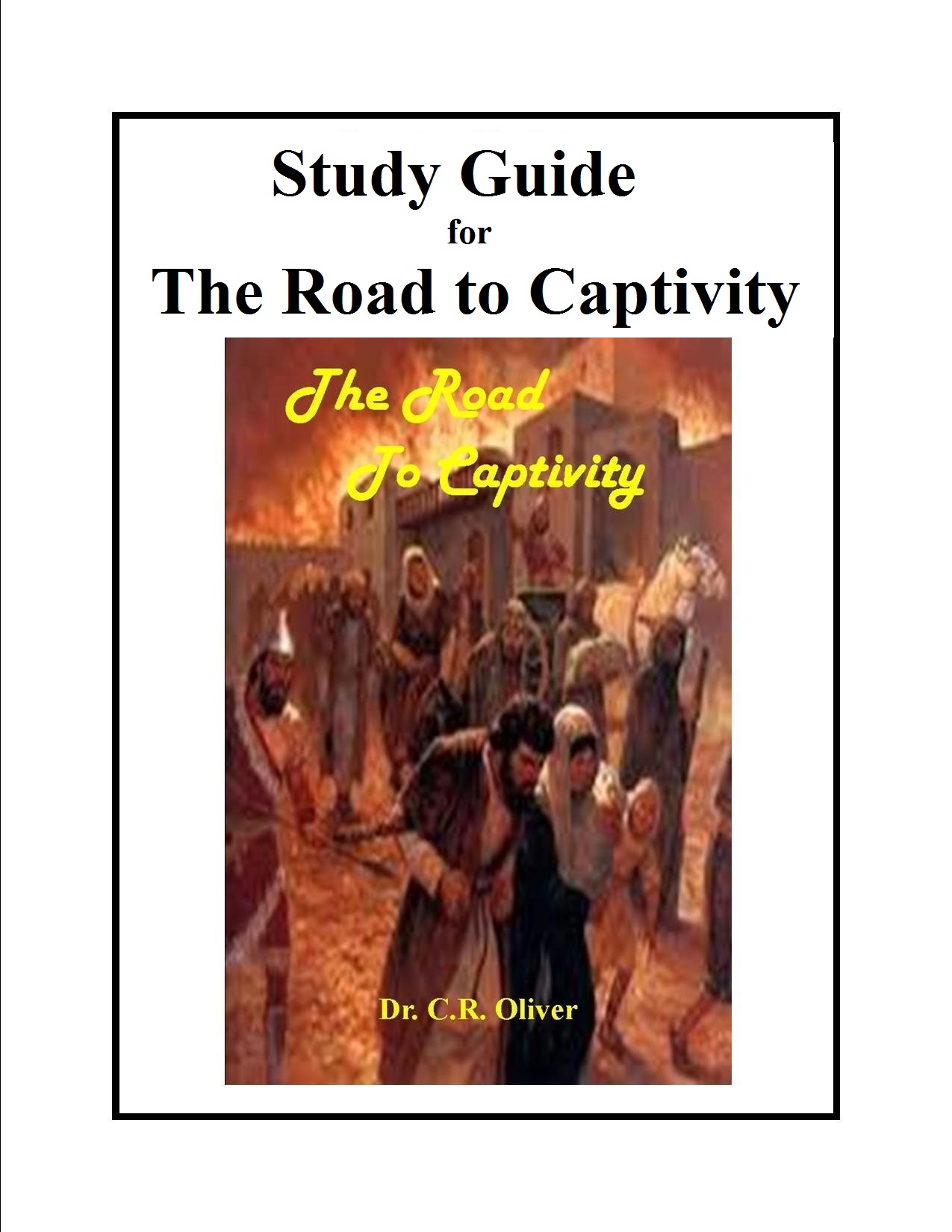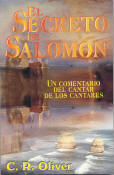"The Sin of Presumption"
ZADOK PUBLICATIONS - Dr. C. R. OLIVER
August, 2022

|
ZADOK PUBLICATIONS MONTHLY NEWSLETTER
August 1, 2022 "The Sin of Presumption" You may watch this Newsletter in a video HERE.
"The Sin of Presumption"
Introduction: Kicking off our study for this month is a word found in the New Testament only in Simon Peter's epistle in 2 Peter 2:10. It is used as a descriptor of the character of false prophets and deceitful teachers. The word is "presumption."
Strangely enough, there is a one-only use of a form of this word in the Old Testament, and it is found in Esther and regarding Haman. (OT:4390 male, to take a handfull.)
Notice the Greek word study, above, carries a definition of "daring" as does the King's retort to Esther. Our study, then, will center around the "spirit of Haman." Haman, who epitomizes a man of power and governmental authority, a man, who manipulates his office to carry out personal vendettas, a man, who hated Jews and especially righteous Mordecai, a man, whose hate consumed him and his family. Currently, many in high government offices have a hatred for Christians and, like Haman, will do everything in their power to legislate against them. It would be appropriate to surmise that the "spirit of Haman" is alive and well today. Most readers are familiar with the book of Esther and how King Ahasuerus summoned Vashti and how she defied his orders. Hence, the first two chapters of the book are about Vashti's replacement and how Esther was chosen and how the Lord used her, "for such a time as this." Mordecai is introduced as Esther's relative in chapter two and will serve as the antithesis of Haman and the epitome of righteousness.
Genealogy is important at this point, for the ancestry of Haman will reveal he is from Esau and one of those who had no love for Jews (Remember this is the Persian Empire which ran from India to Ethiopia.) Later, in Chapter 2, Mordecai became more visible to the public eye (something that will be an aggravation to Haman).
It was here Mordecai heard of a plot to assassinate the King, and he passes the information through Esther to the King. Chapter three opens with the advancement of Haman to a place of highest governmental authority. He is second only to the King and all citizens are obliged to honor him by bowing to him wherever he goes.
Mordecai refused to bow, even though he was told to do so on a daily basis. Haman was offended. (It seems that high government officials often display a sense of superiority and arrogance and crave recognition based on their position. I can envision the media coverage of these two opposites.)
Others in Biblical history, like Mordecai, have been dissenters regarding ungodly edicts. Mordecai symbolized all Jews in the mind of Haman. He was also one who did not fail to represent righteousness and godly behavior. He refused to bow. (Currently, there are laws being curried against Christianity, and God's people must be like Mordecai.) Haman had co-harts who encouraged him, to the point he cast lots (Pur), in order to determine the proper time to approach the King with his scheme to rid the land of all Jews. Holocaust seems to be the design of godless nations. The trusting king gave him carte blanche. Haman's plan was to rid the nation of dissenters (Jews), under the guise they were detrimental to the Kings authority. (It would seem that Haman's ugly head has risen again, only this time it is Christians who are being pictured as domestic terrorists and supremist.)
If this sounds a bit like satan's plan to "steal, kill and destroy," you are correct. Haman sounds like George Soros in that he is willing to give money to see this happen.
The cliché, "Follow the money," seems like a worthwhile indicator of sound reasoning. Mordecai strongly appealed to Esther to rise to the occasion and confront the King about this attempt at genocide. She offered an excuse, based on protocol. Mordecai used that oft quoted phrase to encourage her.
Mordecai pressed Esther to rise up and stand out for God. She knew this brazen act could cost her life. She also took comfort in the assembly of saints who would be fasting and praying for her. (This was a spiritual matter.) Majestically, she stood in the court and received the golden scepter. She entered and took a diversionary tactic with her. She invited the King and Haman to a special banquet she had prepared for them.
Since spiritual timing was tantamount, she used the sense of mystery about her intentions to her advantage. She invited the two officials to a banquet the following day and said she would reveal her petition at that time. God was in charge! This tactic allowed two very decisive events to take place. First, the king's sleepless night and second, Haman's aggressive act of erecting large gallows with the intention of hanging Mordecai on them. Mordecai would act as a public example to all others who defied him. (The same tactic is being used today.)
And the thing pleased Haman; so he had the gallows made. These five verses are loaded with meaning. In verse ten, Haman summoned his wife and friends to hear his oration describing his good fortune. These friends, no doubt, were some of those who clamor around high officials, hoping for favors and special privilege. With such office comes a realm of elitism which caters to the whims of select groups — called "yes" men. Haman bragged about his wealth (great riches), his children (including ten sons, who, no doubt, had nepotistic occupations) and his own honored position in the court of the King. I am sure his wife and friends were impressed and bolstered his ego, especially regarding the forthcoming banquet set by the Queen. Notice verse fourteen, where Haman's wife and friends suggest the public hanging of Mordecai. Haman was pleased with the idea. There is only one thing missing with his assumption, he did not have the authority to carry out his plan. His presumption was a leap beyond his pay grade. (In government, there are many who assume their position affords them power not delegated to them and are destined to hear "how the mighty have fallen.") Haman's glee is soon to turn to gloom. Because of Esther's private banquet for the two most powerful men in government, Haman was emboldened to carry out his plan to hang Mordecai. Mordecai embodied all that Haman hated about the Jews, and he would strike fear throughout the land with this move. (I am sure Donald Trump could empathize with Mordecai.) Haman was elated over the fact of being an honored guest at Esther's banquet, scheduled for the next day. This was one reason he invited his friends and wife to exult with him. However, being friends with a tyrannical government official brings the same judgement of God on them as on him. Before this is over, Zeresh, Haman's wife, changes her tune and prophesies.
While Haman is gloating on his good fortune, the King is having a restless night. This is from the Lord. In despair of sleep, he orders documents that chronical the loyalty of Mordecai in savings the King's life. Finding no honor has been bestowed on this righteous subject, he determines to ply Haman as to the means of doing so. Little did Haman reckon that as he spelled out his fantasy of greatness and the accompanying honor, that it was not for him. What he envisioned for himself, would be afforded Mordecai. It is comical to see Haman leading the parade of a "be-knighted" Mordecai into a crowded public place of honor, while Mordecai was wearing the garments of the King and riding the finest of steeds. Humiliation must have consumed him, but no one deserved it more.
The drop is about to fall. As soon as his wife prophesies, the attendants of the King arrive to transport him to the banquet at the palace. He has no time to respond to Zeresh. At the banquet, the King plies Esther about the petition she had delayed to this time. God's perfect time had come.
Queen Esther, however, in two verses, spelled out the case for herself and the Jews. The King's reply used that infamous word, "presume." Who would dare carry out such a secret plot against the King and civilized society? Haman! I am sure the King heard the terrified pleading of Haman addressing the Queen. I am sure the Lord of Hosts prompted the thoughts of the King in the garden. I am sure the wrath of God is shown throughout history on such as Haman. (Even today, the evil that pervades the highest offices of government will someday regret their offense to the Most High Lord. The nations still have their Esthers and kingly souls who honor righteousness.) How wonderful is the Lord, for in one day, HE changed history. King Ahasuerus gave Esther the house of Haman and elevated Mordecai to a place higher than Haman. Instantly, righteousness was rewarded and the plots of evil leaders were revealed and judged. Instantly, the edicts of wickedness were reversed and the persecuted became the prosecutors.
It simply did not pay for citizens to support the likes of Haman. Their hatred for Jews carried judgment. (People who vote for and support civil evil will find themselves under the same judgment as those they promoted.) Haman's pleas faded before his eyes and those who shared his beliefs shared the same fate.
Although many became Jews for fear of them, many held to their mindset and refused to repent. According to Scripture, five hundred (500) died in one count, and three hundred (300) in another - - along with the hanging of Haman's ten sons (this was day one). Day two saw seventy-five-thousand (75,000) fall by the sword. I believe some of the first day's retributions were the friends and wife of Haman. Mordecai and Queen Esther codified this event by establishing Purim as a holiday.
The journey from great anguish to great rejoicing was a matter of a few days. God heard the prayers of the saints and turned their sorrow to joy. At this point, review the Scriptures from both scenarios.
Esther stands as a model to all Christendom of how one person, under the Lord's direction, can change outcomes. Her valiant actions, in the face of great danger, challenges us to do the same today. We are here for "such a time as this." It would be good to have the book of Esther studied by those in every phase of government and preached in every pulpit. Its lessons are as profound and its judgments are as true today as in the ancient times. Until Next Month, Dr. Cosby R. Oliver, PhD. |
MISSIONS REPORT:
From: Frank and Hily Carrel
|
Contacts: Email: shilotravel@gmail.com PROGRESS REPORT FROM THE PHILIPPINES
This building project to build Shilo Allelujah Fellowship, started on 2 July 2022. It is hoped that all of the 14 postings will be finished within 2 or 3 weeks. Then the frame of the building will be built, along with a galvanized iron roof, with a wire screen with a wood structure for the sides of the building, which will create an open-air church, which will NOT need to be air-conditioned, leading to no utility maintenence costs. Randy is the on-site overseer, purchasing materials, taking care of the delivery of the materials, and paying weekly wages of the 3 workers. Leo is the Panday or Carpenter Mason, who is the Foreman on the job site. Baldo is a journeyman carpenter, working with the panday. Aron is also a journeyman as well. Leo and his crew are trying to get this project done before the monsoon rains come in mid or late September. The church's location is about 3/10 of a mile [or 1/4 kilometer] back from the main highway. All supplies are dropped at the side of the highway. Then these supplies are picked up by Brother Edwin & his son Sam-Sam with the Carabaos [Water Buffalo], loaded on the carts, and hauled up a jungle trail to the job site. Here are the latest construction pictures. Left To Right - Aron, Baldo, Leo And Randy - July 2, 2022

Church Building Site Is Staked Out - July 2, 2022

Sand And Gravel Being Picked Up - July 6, 2022

Digging Foundation Holes - July 6, 2022

Close Up Of Foundation Hole - July 6, 2022

Putting Up The Cement Form Structure - July 8, 2022

Cut And Dressed Lumber - July 8, 2022

Sand And Gravel Being Delivered - July 10, 2022

Cement Posting - July 12, 2022

More Pillar Cement Forms - July 12, 2022

More Sand And Gravel Hauling - July 12, 2022
These are primitive methods but labor costs are low and materials as well.
Note: the use of water buffalos for hauling.

Brother Edwin Hauling Sand And Gravel - July 12, 2022

Cement Forms - July 15, 2022

Close-Up Of Cement Forms - July 15, 2022

Cement Pillars Are Done - July 17, 2022

4 Columns Are Now Done, With 10 More Columns To Be Done - July 19, 2022

|
Dr. OLIVER'S BOOKS ARE NOW AVAILABLE FOR THE KINDLE ON AMAZON.COM AND FOR THE NOOK AT BARNES & NOBLE!
Paperback volumes may still be ordered through our website.
To see the currently available books from Amazon, click on the cover images below.
In Spanish:
In German:
To see the currently available books from Barnes & Noble, click on the cover images below.
In Spanish:
In German:
To subscribe to this newsletter, please complete the following form and click "Subscribe". A confirming email will then be sent to your email address.

